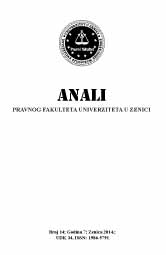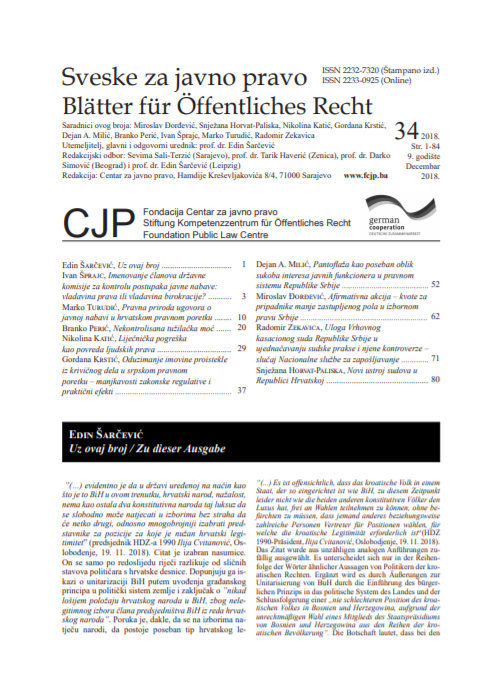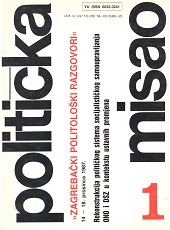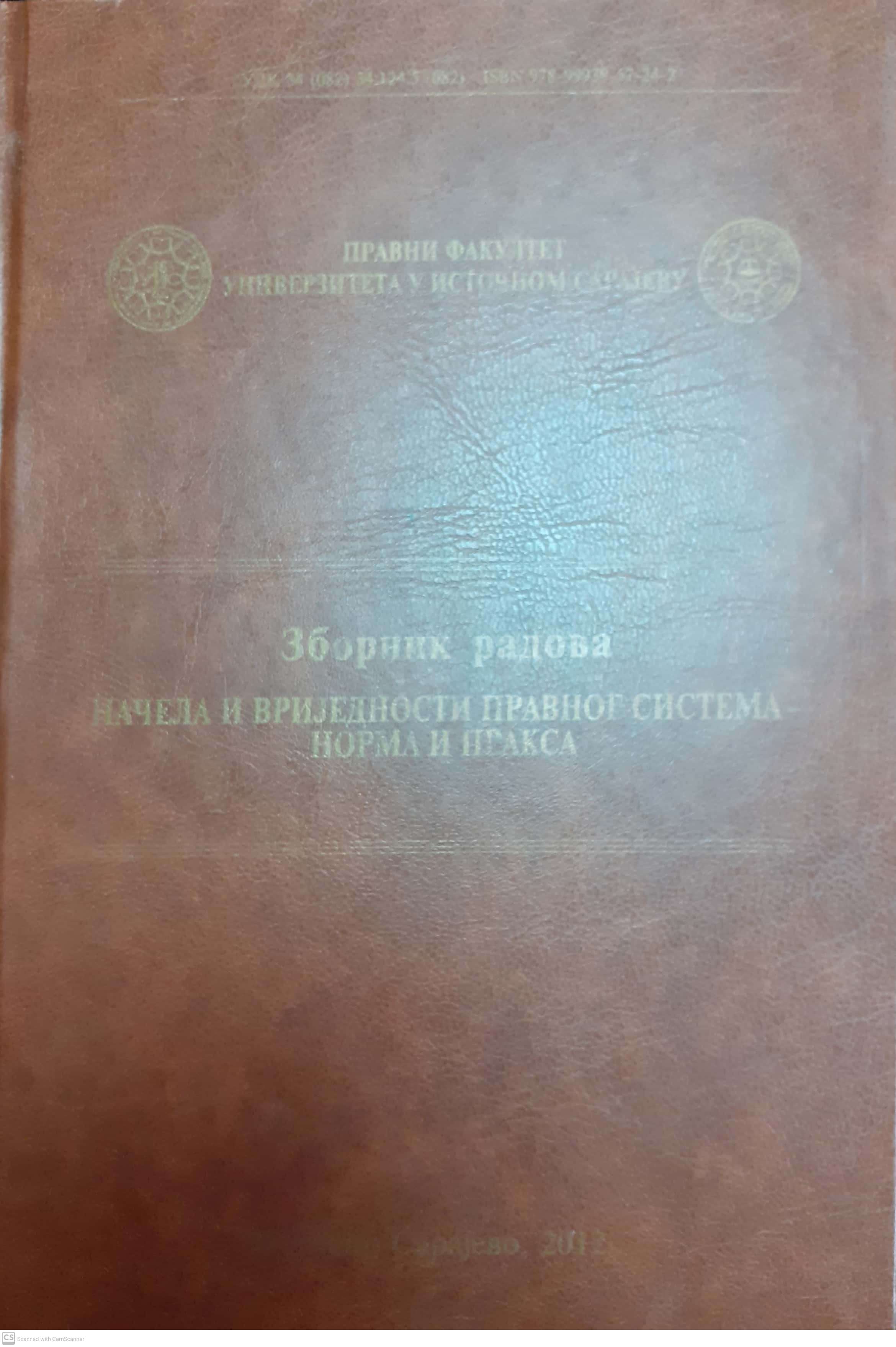Raskid ugovora o doživotnom izdržavanju i prava naslednika: u raskoraku između zakona i prakse
Author(s): Jelena Arsić,Bojan Stanivuk / Language(s): Serbian
/ Issue: 1/2019
Keywords: life care; agreement; termination of agreement; inheritance; rights of successors
Recognizing the fact that various modalities of life care exist in contemporary legal practice, this paper encompasses the analysis and discussion about the possibilities of contract termination, and the rights of successors related to termination of the life care agreement, as regulated by the provisions of the Serbian Inheritance Act. In practice, the successors often challenge this agreement, since its effects usually jeopardize their hereditary expectations. Having in mind that the Inheritance Act explicitly grants legal successors of the recipient of life care with the right to require contract annulment, but lacks any provisions regulating the right of successors to seek termination of the life care agreement, various solutions exist in practice, therefore leading to legal uncertainty. The case law is supported by a large number of disputes where the recipient’s successors have been granted the right to terminate the life care agreement, upon the death of the recipient of life care. At the same time, there are still some cases in which the courts have not recognized such right as the one that belongs to successors. Given the frequency and complexity of disputes arising from the life care agreement relationships, the need for additional regulation becomes a necessity. In the absence of sufficient legal provisions on this issue, it is absolutely clear that the general rules of the Law on Obligations on termination of contract must be applied accordingly. However, due to the special characteristics of life care agreements, in particular regarding termination due to non-fulfillment, these general rules have to be interpreted restrictively in some aspects, in order to find the right measure of legal intervention that corresponds with the nature and purpose of this unique contract.
More...



![One default in payment of charterhire gives right to shipowners to terminate the charter and demand damages : [case review]](/api/image/getissuecoverimage?id=picture_2013_44278.jpg)




